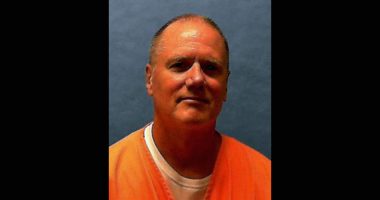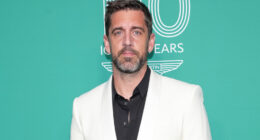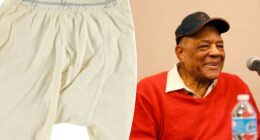
Inset: Donald Trump (AP Photo/John Bazemore). Background: Rioters loyal to Trump at the U.S. Capitol on Jan. 6, 2021 (AP Photo/Jose Luis Magana, File).
Soon after getting the case back from an appellate court in the wake of the U.S. Supreme Court’s seismic presidential immunity case, a federal judge denied former President Donald Trump’s claims of selective and indictive prosecution in his Jan. 6 election subversion case.
U.S. District Judge Tanya Chutkan wrote in a 16-page memorandum opinion filed Saturday that Trump improperly reframed the allegations against him and mispresented supposed evidence, in which he asserted that the U.S. Department of Justice under President Joe Biden was going after him for political purposes.
From the opinion (citations removed):
At the outset, the court must address—as it has before—Defendant’s improper reframing of the allegations against him. … He declares that the Indictment amounts only to a Government “theory . . . that it is illegal to dispute the outcome of an election and work with others to propose alternate electors.” … That description mischaracterizes his alleged conduct. Defendant is charged with knowingly making false statements in furtherance of criminal conspiracies and for obstruction of election certification proceedings. … The Indictment does not charge Defendant for publicly disputing the election outcome and merely “working with others” to propose alternate electors.
Chutkan later wrote, “At this stage, the court cannot accept Defendant’s alternate narrative.”
A large portion of the allegations lodged against Trump in the Jan. 6 election subversion case hinge on the claim that he conspired with Justice Department attorney Jeffrey Clark to forward bogus voter fraud claims in the 2020 presidential election and weaponize the department against any who might stand in their way.
“The articles Defendant submitted do not establish that his prosecution was improperly motivated,” she wrote. “In the first place, Defendant misreads the articles. The Post article does not indicate that the Justice Department shopped around its investigation to the FBI and Postal Service, but rather that in ‘probing evidence of a broad, Trump-led conspiracy to overturn the election,’ prosecutors took care to pursue concrete evidence of criminal activity through multiple avenues before deciding whether to bring charges.”
From the court (citations removed):
Similarly, the articles do not suggest that President Biden “urged” Attorney General Garland to “take decisive action” against Defendant. At most, the Times article reports that President Biden privately commented on one occasion that he believed President Trump should be prosecuted, and on one separate occasion that he wished the Attorney General would act “more like a prosecutor who is willing to take decisive action over the events of Jan. 6.” … But there is no indication that President Biden ever expressed any such comments to the Attorney General or the Justice Department, much less that such comments actually resulted in politically motivated action. Indeed, the Times article repeatedly emphasizes that President Biden “never communicated his frustrations” to DOJ officials and publicly reiterated that he “has no role in investigative priorities or decisions.” Id. It also notes that DOJ officials “felt only the pressure ‘to do the right thing,’ which meant that they ‘follow the facts and the law wherever they may lead.’”
Brandi Buchman contributed to this report.
Have a tip we should know? [email protected]









